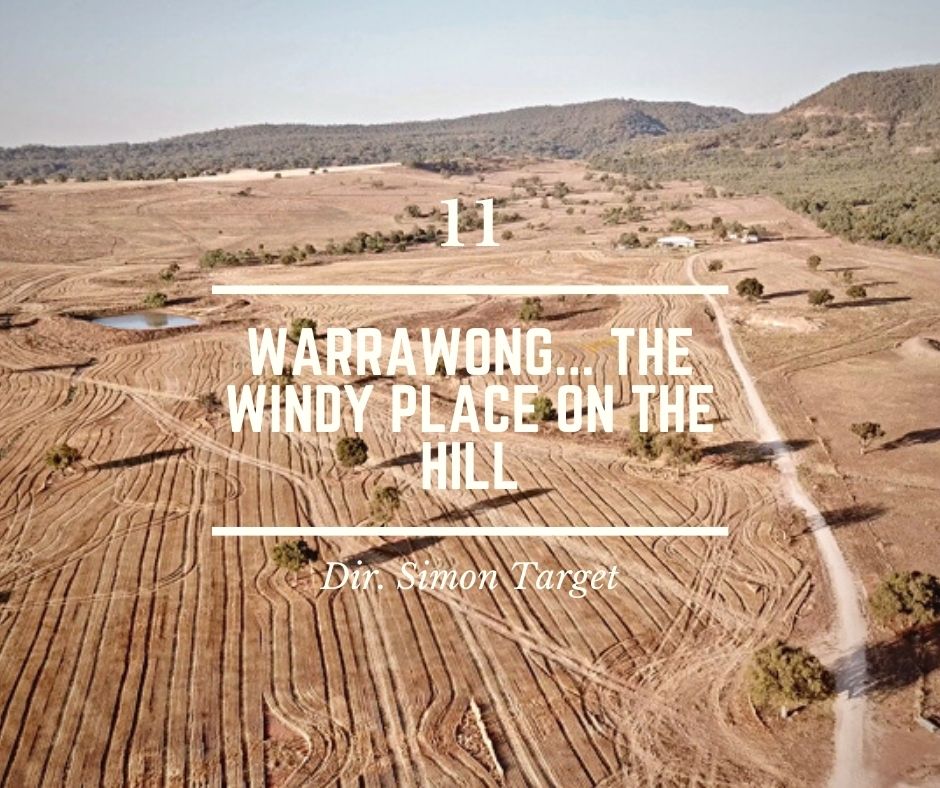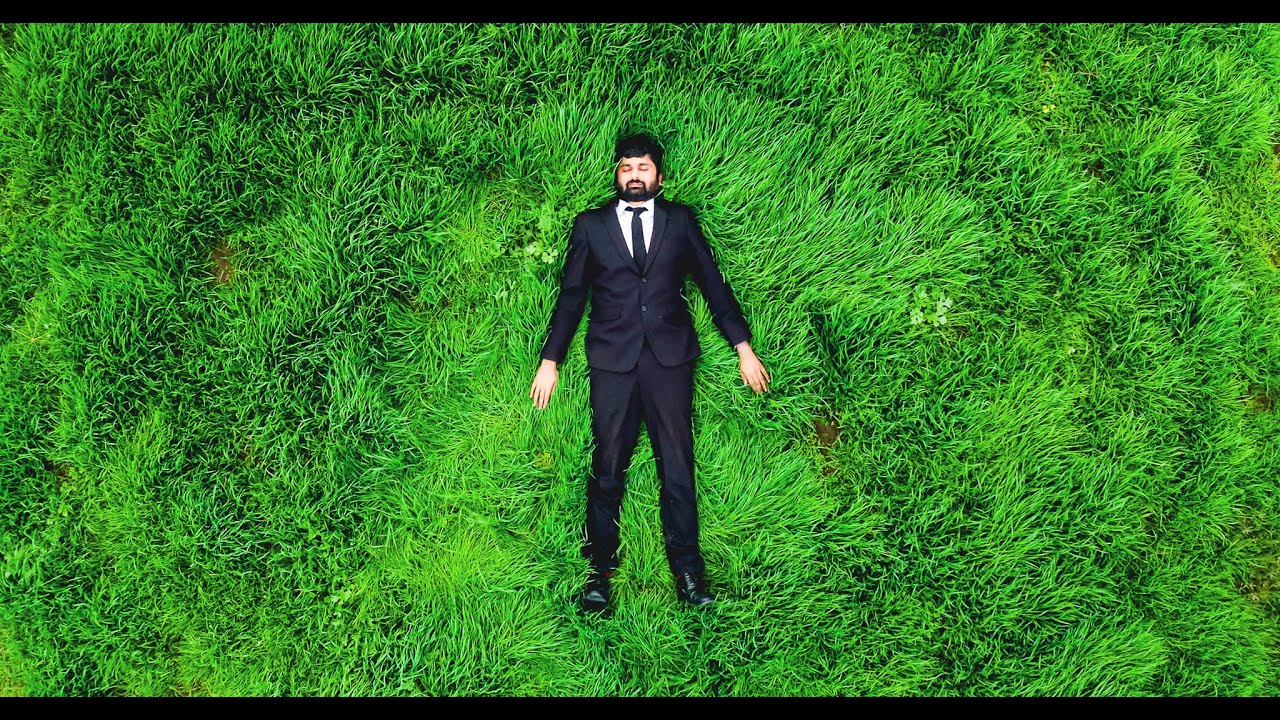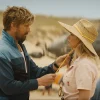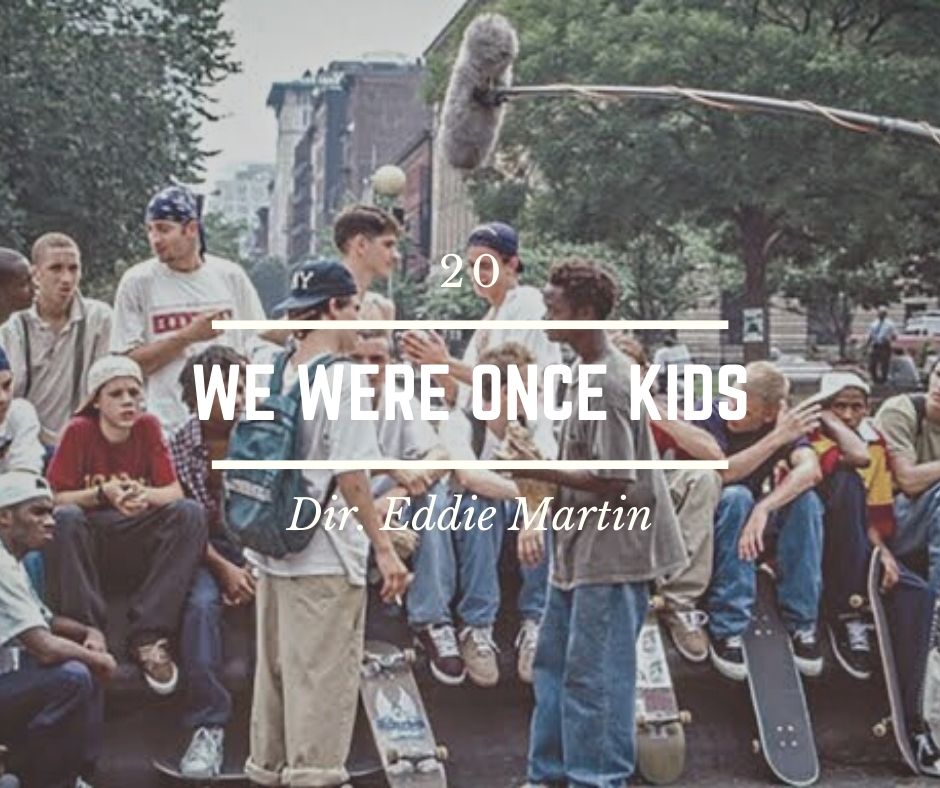
Australia’s finest modern documentarian Eddie Martin had a stellar 2022 with two brilliant documentaries being released: Fire Front and We Were Once Kids. While Fire Front emotionally wrecks you in a way you might expect a bushfire documentary to do, it’s within We Were Once Kids that shows why Martin is one of the very best at this kind of reflective exploration documentary. Here, Martin explores the making of Larry Clark’s controversial nineties cult hit Kids, with interview footage of surviving cast members like Hamilton Harris (who shares a co-writing credit with Martin here) being interspliced with archival footage of Harold Hunter and Justin Pierce who talk about their time making the film. Revealing and eye-opening, We Were Once Kids is about reflecting on the decisions we make in our younger years and how time changes our perception of what is right and wrong. Martin directs with utmost empathy and understanding for the films subjects, ensuring that this is not just a film for those curious about the making of Kids.
At the centre of Ben Lawrence’s Ithaka is a person who we barely see on screen at all: Julian Assange. Yet, as Ben said in my interview with him in 2021, “it’s not a campaign film. It’s a film about a campaign.” And it’s within that notion, the story of the people behind the campaign to free Julian Assange, that Ithaka explores the lengths that a father will go to be reunited with his son and a wife with her husband. Yes, Ithaka is about the freedom of the press, especially in the shadow of Trump’s presidency, but it’s also about one of the most complex and draining political and legal struggles that modern society has seen. Lawrence never frames Ithaka as a thriller or exclusively about the politics at play – even though the story suggests that’s how it should be told – instead, he leans into the humanity of the piece, allowing John Shipton (Julian’s father) to stand tall as a dedicated advocate for free speech and for his son’s mental health and safety. Compelling and captivating, Ithaka is ultimately about a complicated family that is just trying to clear a path through a myriad of legal woes to be reunited, making for important and impressive viewing.
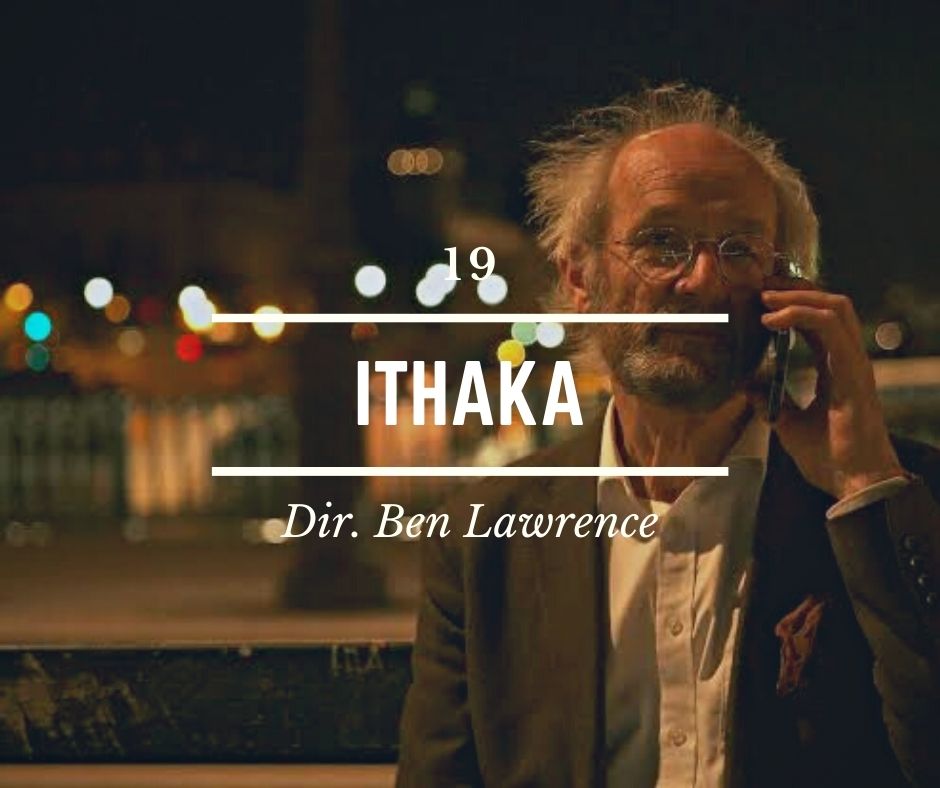
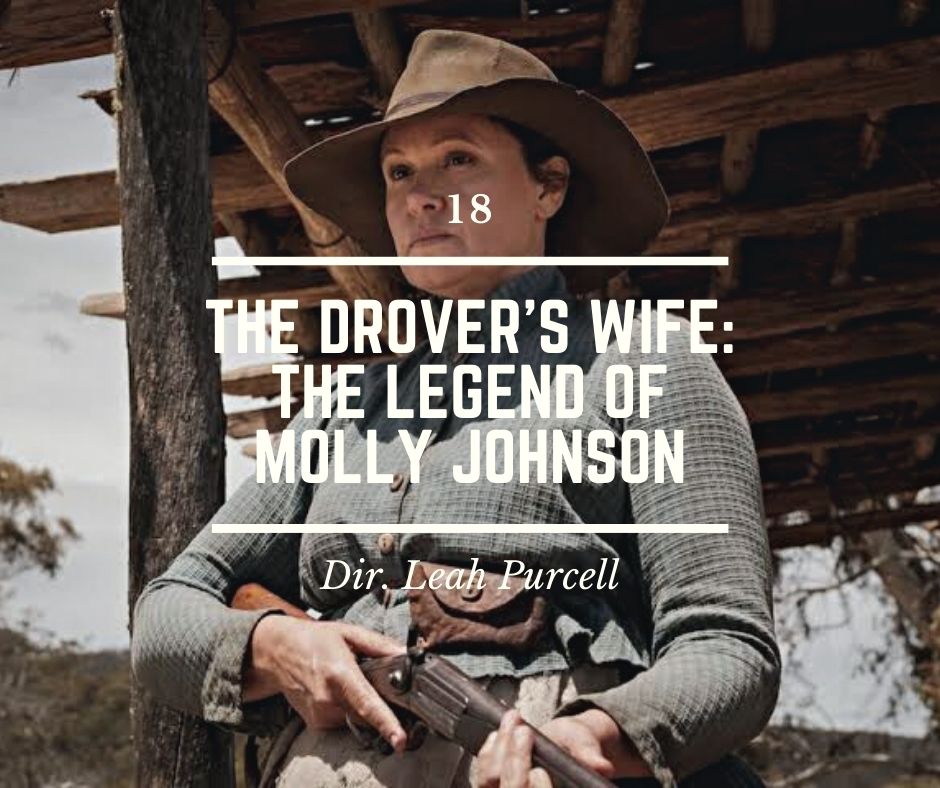
The expanse of the outback is brilliantly realised in Goa-Gunggari-Wakka Wakka Murri woman Leah Purcell’s feature film debut The Drover’s Wife: The Legend of Molly Johnson. Purcell is a triple threat here adapting her own book and play, directing, and taking the lead role of Molly Johnson, overlaying her singular vision against the Western genre and giving a well-deserved feminist and First Nations stance. The use of real landscapes amplifies the drama to a surprisingly emotional effect, especially in a moment when Rob Collins’ Yakada teaches Malachi Dower-Roberts’ Danny the ways of the land as they sit surrounded by the twisted limbs of ghost gum trees. But it’s Purcell’s central performance that captivates the most, leading to a well deserved Best Actress win at the 2022 AACTA awards. It’s been two decades since Purcell directed her great documentary Black Chicks Talking, and with both The Drover’s Wife and Here Out West under her belt for 2022, we can only hope that it’s not another decade before we see her behind the camera again.
Read Andrew’s interview with Jayden here
Jayden Rathsam Hüa manages to turn the rather innocuous phrase ‘yummy yummy sushi time’ into an incantation that summons a genuinely unhinged short film called Sushi Noh out of the ground. Comfortably the best Australian horror film of 2022, Sushi Noh is a shlocky, grotesque experience that tells the story of a young girl (Geneva Phan) who becomes increasingly concerned about the ratcheting mania of her uncle (Felino Dolloso) who she lives with. Violently absurd, Sushi Noh contains enough wailing bloody mayhem to make you reconsider that supermarket sushi roll for lunch, all the while making you note the name Jayden Rathsam Hüa as someone to keep an eye on.
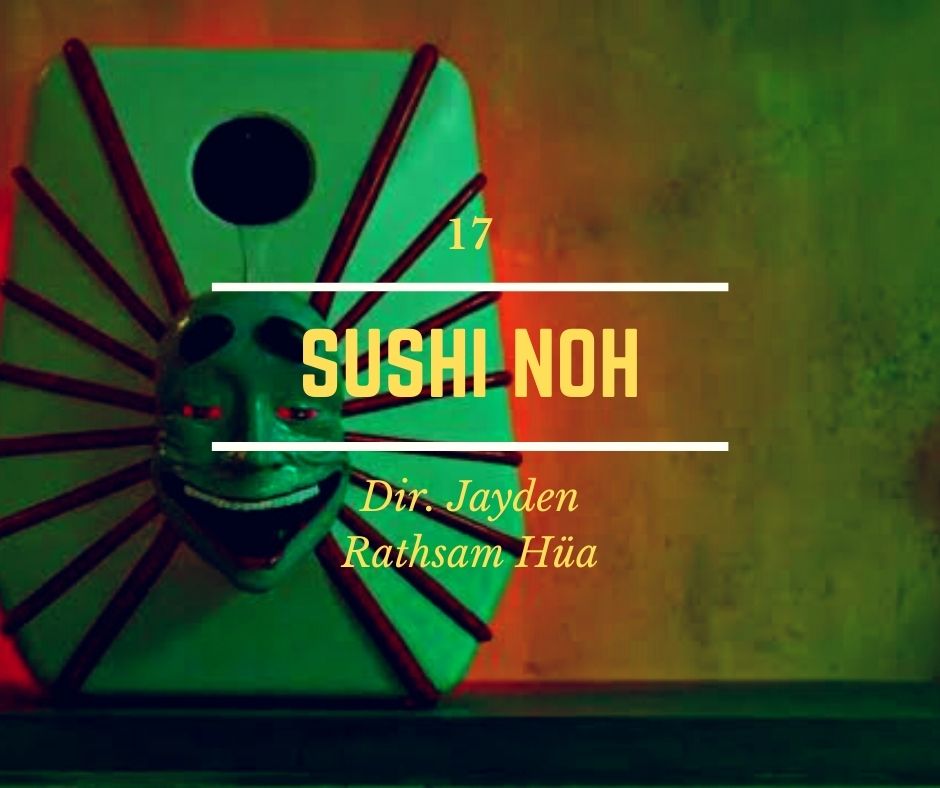
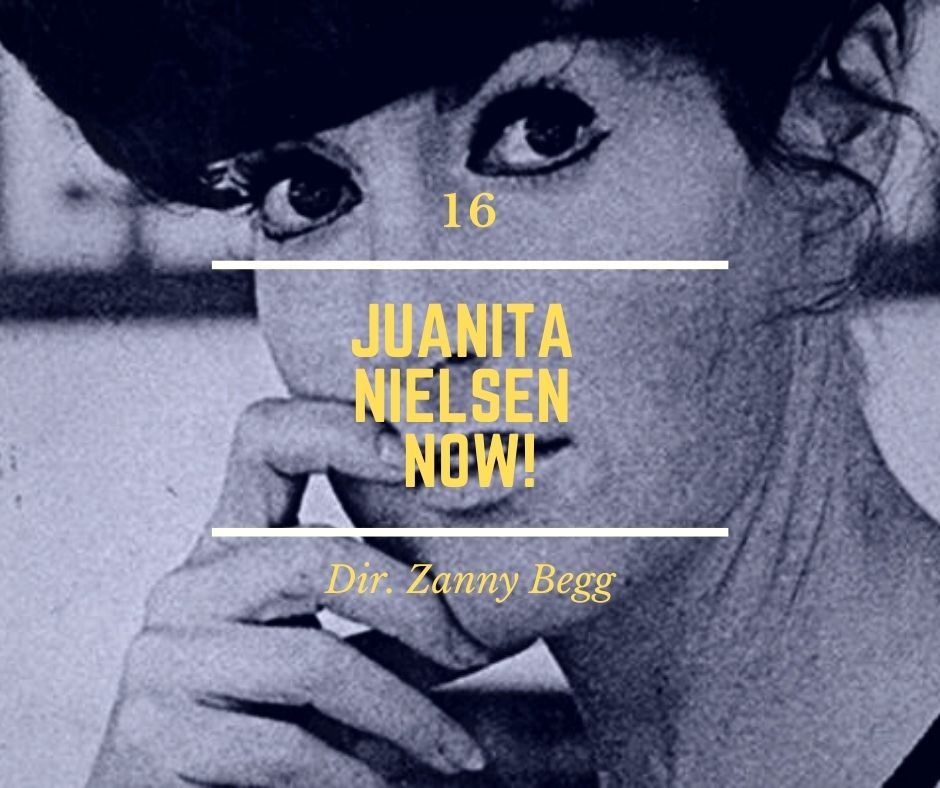
There’s a distinct pleasure that washes over you as you experience a piece of filmmaking that pushes against the boundaries of the form of storytelling it is working within. Juanita Nielsen NOW is one such film that engaged completely with my emotions, leaving me stunned and shaken by the sheer force of its narrative. Pulling from her experimental video installation, director Zanny Begg looks back at the 45-year-old unsolved murder of journalist and activist Juanita Nielsen and reflects on how the same fight that Juanita engaged in in the seventies is still taking place today. The impact of gentrification and unaffordable housing is explored through a historical and modern context, with the words used to describe the issues overlapping at times. The pinnacle moment of brilliance in Juanita Nielsen NOW! is when Begg plays out some of the variations of how Juanita might have died with actresses and performers embodying Juanita walking into the fateful Carousel Club venue in Kings Cross, often in unison. Juanita Nielsen NOW!
The Plains is director David Easteal’s three-hour docu-drama that follows his friend and colleague Andrew (Andrew Rakowski) as he drives home at five pm in congested Melbourne traffic. With the camera firmly placed in the back passenger seat, we sit with Andrew as he listens to the radio, navigates traffic, talks with his wife over the phone, and occasionally acts as a lift home for his colleague David (Easteal). This is a fascinating and mundane experience, rudimentary while it engages in profound acts of soul searching. I can safely say that there has not been anything like The Plains in the history of Australian cinema, and one can only hope that Easteal continues crafting films like this going forward. Considering The Plains in the age of Chantal Akerman’s Jeanne Dielman, 23, quai du commerce, 1090 Bruxelles being crowned the ‘Best Film of All Time’ means that there’s every chance that while The Plains sits at position 15 on this list that it will only rise in estimation as the years roll on.
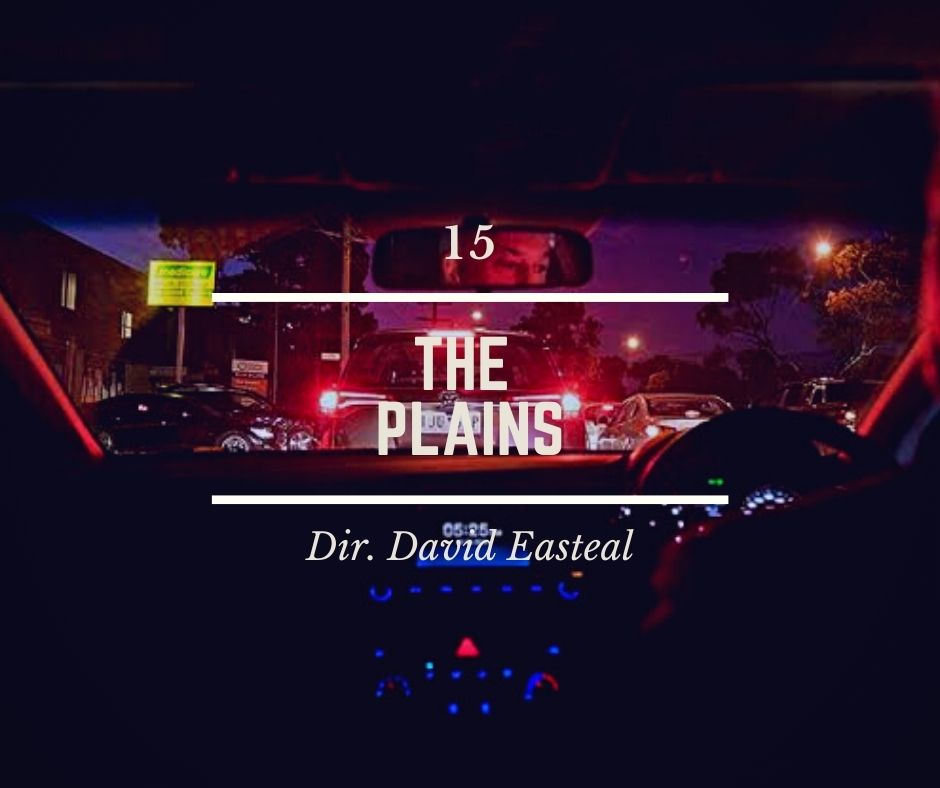
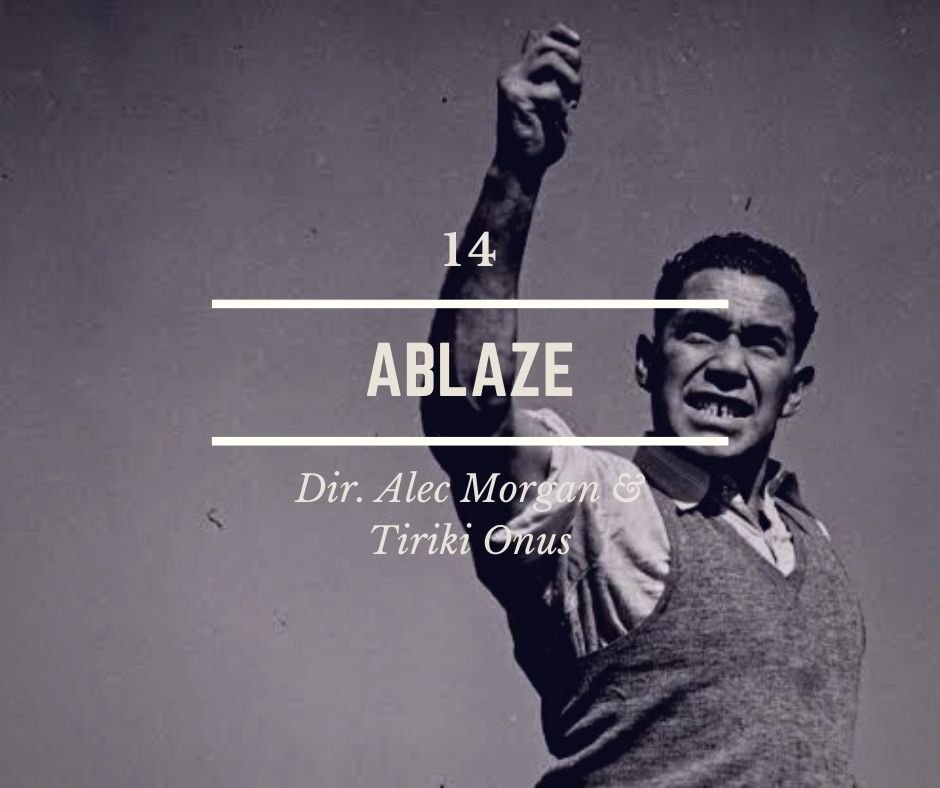
From Jane Castle’s When the Camera Stopped Rolling to Tom Zubrycki and John Hughes Senses of Cinema and Penelope McDonald’s Audrey Napanangka, 2022 saw a wealth of Australian documentaries that pulled back the curtain on the untold and under-celebrated history of Australian cinema. The most timely and essential documentary of the bunch was Alec Morgan and Tiriki Onus’ Ablaze, an empowering journey through Bill Onus’ (Tiriki’s grandfather) legacy as an artist, an activist, and a pioneer of Indigenous filmmaking. Ablaze not only details the work that Bill did as a filmmaker, but it meticulously explores pivotal events that impacted Bill, his friends and family, including the horrifying atomic bomb tests near Maralinga, Western Australia. This is a comprehensive conversation between grandson and grandfather, and we are privileged to be able to listen in on it.
It may be hard for people who live outside NSW to fully comprehend just how multicultural and (yes, here come the ‘d’ word) diverse Western Sydney is, but the anthology film Here Out West does an excellent job of presenting a part of Australia that has so often only been presented in satirical or poverty-porn terms. Here Out West heralds a wealth of multicultural voices from within the communities that are represented on screen, both on and behind the screen, giving an authenticity to the stories being told. A throughline of a baby being stolen from a hospital links each narrative together, with car park attendants, nurses, restaurant owners, rising entrepreneurs, mothers, daughters, fathers, and sons, all helping realise the grounded reality of Western Sydney. At its close, Here Out West leaves you wishing you could spend more time with each narrative and character, a feeling that I hope translates into more anthologies like this, or ideally, more creative opportunities for the writers (Nisrine Amine, Matias Bolla, Arka Das, Bina Bhattacharya, Dee Dogan, Tien Tran, Vonne Patiag, Claire Cao) and actors.
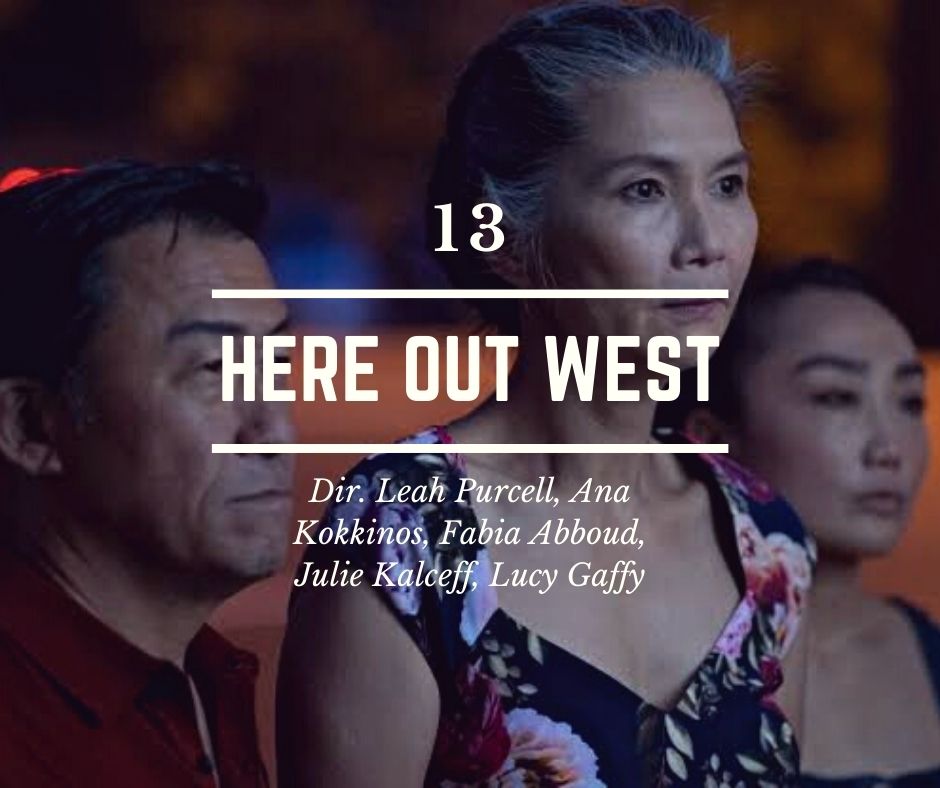


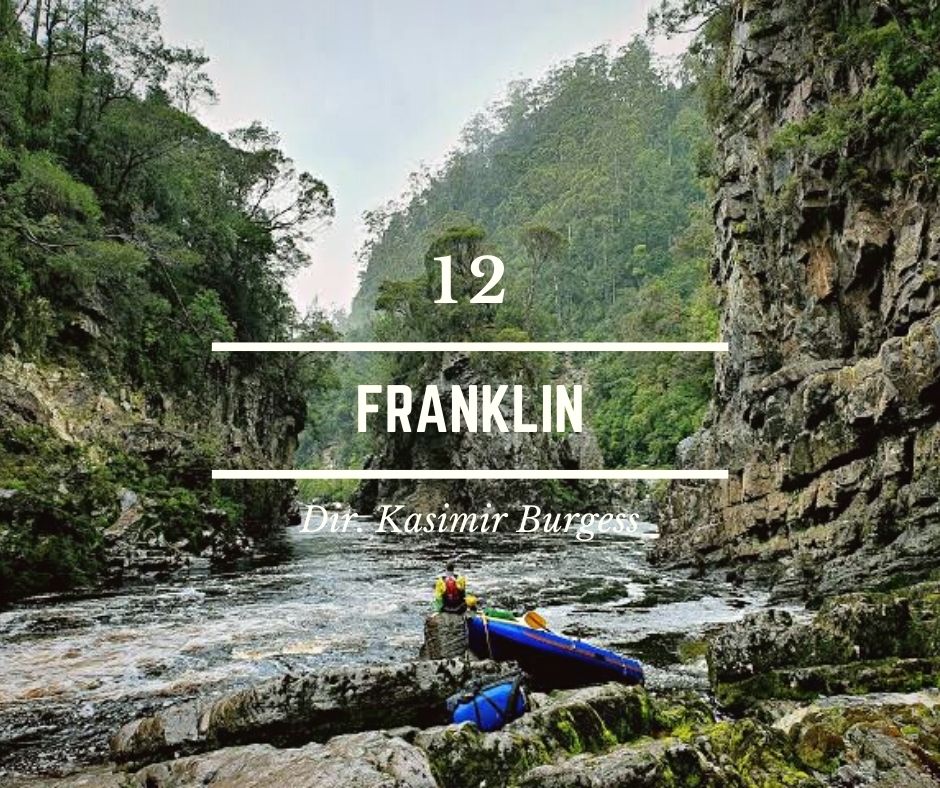


Franklin is Kasimir Burgess’ most accomplished work to date, acting as an all-encompassing journey that follows Oliver Cassidy as he canoes along the mighty Franklin River, following in the path of his father Mike Cassidy who decades ago fought alongside protesting icons Bob Brown and Uncle Jim Everett to save the Tasmanian landscape from irreversible destruction. Transportive visuals from Benjamin Bryan’s cinematography plays in unison alongside a wealth of archival footage that amplifies just how precious and delicate this ecosystem is. Luke Altmann’s score harmonises alongside these visuals, often presenting Oliver as a sole figure floating along the river, swallowed whole by a nature that aspects of humanity so eagerly wishes to conquer. Where Ben Lawrence’s Ithaka eschews the activist formula of documentary filmmaking, Burgess’ film eagerly wades into the water with its subjects, and in turn becomes a grander statement for action against climate change than many films that directly address that issue ever could.
Read Andrew’s interview with Simon here
Simon Target’s warrawong… the windy place on the hill operates on the same kind of wavelength of slow cinema that The Plains does, but instead of the unceasing bitumen of the city we’re presented with the stretching farmland of the remote town of Tooraweenah in NSW. Target follows Sue and Brian, a couple in their seventies facing the impacts of isolation, loss, and the emotional toll of downsizing a farm in a town with an ageing population. From shots of Brian rounding up livestock, to drone footage of the oncoming grey clouds and the wind that blows 24 hours a day, Simon immerses viewers in the day-to-day life of a farm. Time becomes obsolete and days lose their meaning as Sue and Brian become one with the land, dealing with a plague of mice by feeding their dead bodies to the voracious magpie family that lives on the farm. Sue and Brian are 60km from their nearest neighbour, 150km from a doctor, making the two-metre separation rule of COVID times almost feel like a farce, but it’s their reality. I think about the films on this list a lot, but it’s warrawong… the windy side of the hill that I come back to the most with the one-sided mirror of a cinema amplifying that distance between Sue and Brian and the world they live within. I often wonder how they are both going. I hope they’re ok.
